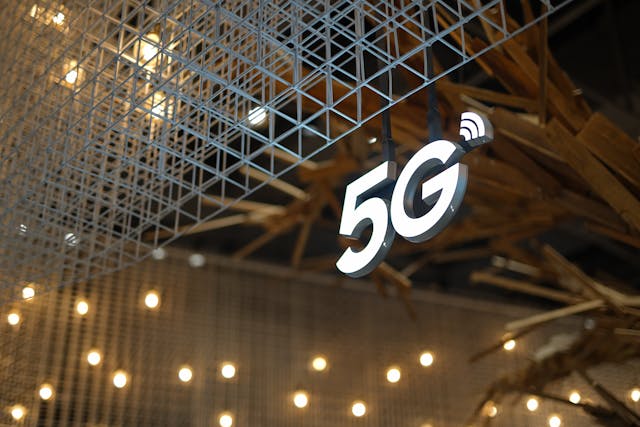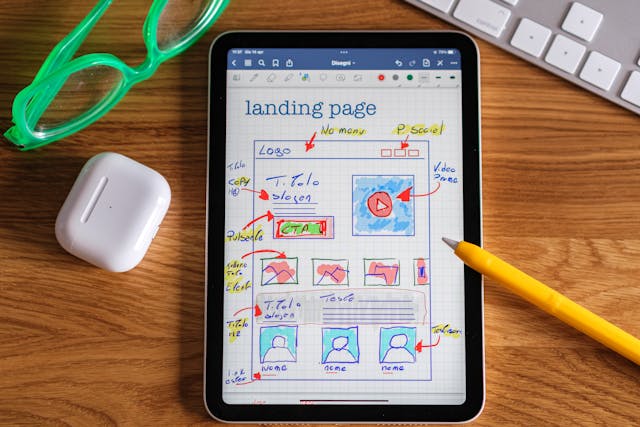
The Evolution of 5G: What It Means for the Future of Connectivity
The rollout of 5G technology has sparked excitement across industries, and for good reason. Promising faster speeds, lower latency, and the ability to connect more devices than ever before, 5G is set to revolutionize how we communicate and interact with the world. But what exactly does 5G mean for the future of connectivity? In this blog, we explore how 5G will transform industries, enhance everyday applications, and unlock the potential for new technologies like autonomous vehicles and smart cities.
What Is 5G and How Is It Different?
5G is the fifth generation of mobile network technology, offering a significant leap forward from its predecessor, 4G. While 4G introduced faster internet speeds and made streaming services more accessible, 5G takes things to the next level by offering speeds up to 100 times faster than 4G, with latency (the time it takes for data to travel from one point to another) reduced to just milliseconds.
This improvement in speed and responsiveness means that 5G is not just about better mobile internet. It’s about enabling a new era of ultra-reliable, low-latency communications that support everything from real-time gaming to remote surgeries.
Key Benefits of 5G Technology
The true power of 5G lies in its ability to support a massive number of connected devices, all communicating in real time. This makes it an essential technology for the Internet of Things (IoT), where everyday devices—from refrigerators to security systems—are connected and share data.
- Speed: 5G networks will offer download speeds up to 10 Gbps, meaning you can download an entire HD movie in seconds.
- Low Latency: With latency reduced to under 1 millisecond, 5G makes real-time applications like autonomous driving and remote control of industrial machinery possible.
- Capacity: 5G can handle up to 1 million devices per square kilometer, compared to 4G’s 100,000, making it ideal for dense urban areas and events.
How 5G Is Transforming Industries
The implementation of 5G is already changing various industries. In manufacturing, for instance, factories are using 5G to support the Industrial Internet of Things (IIoT), where machines communicate with each other to optimize production processes, predict maintenance needs, and prevent breakdowns.
Healthcare is also seeing the benefits of 5G. The technology allows for high-definition video consultations and even remote surgeries, where specialists can perform procedures on patients in different parts of the world using robotic systems controlled over a 5G network.
In the automotive industry, 5G is paving the way for fully autonomous vehicles. With its ultra-low latency, 5G enables vehicles to communicate with each other and with smart city infrastructure in real time, reducing accidents and improving traffic flow.
The Role of 5G in Smart Cities
Smart cities are one of the most exciting prospects made possible by 5G. These cities will use connected infrastructure to monitor traffic, reduce energy consumption, and improve public safety. With 5G, smart cities can gather and process data from thousands of sensors in real time, optimizing resources and making cities more livable and efficient.
For instance, streetlights could adjust brightness based on pedestrian activity, or traffic lights could automatically change based on real-time traffic conditions, reducing congestion.






(0) Comment